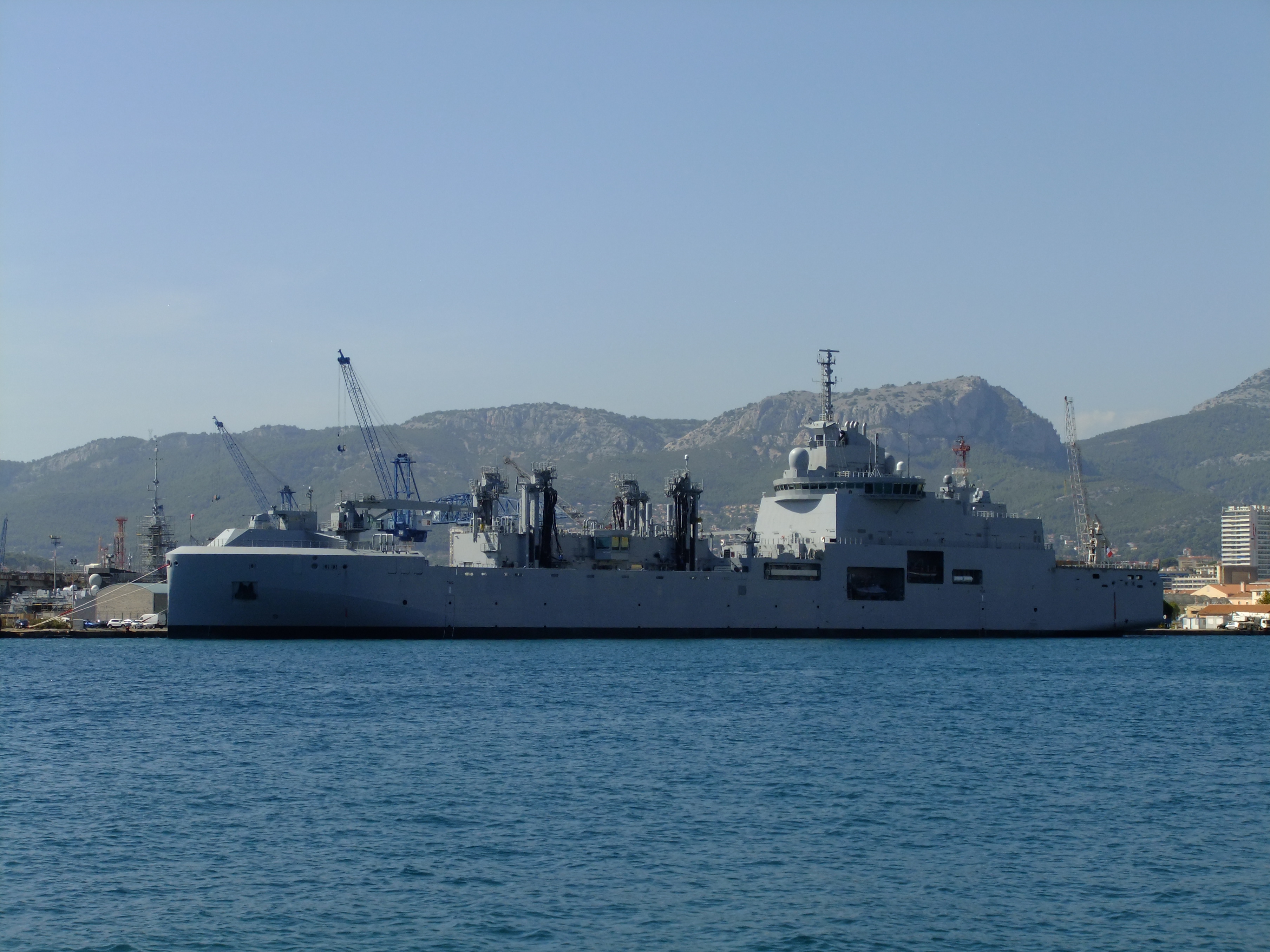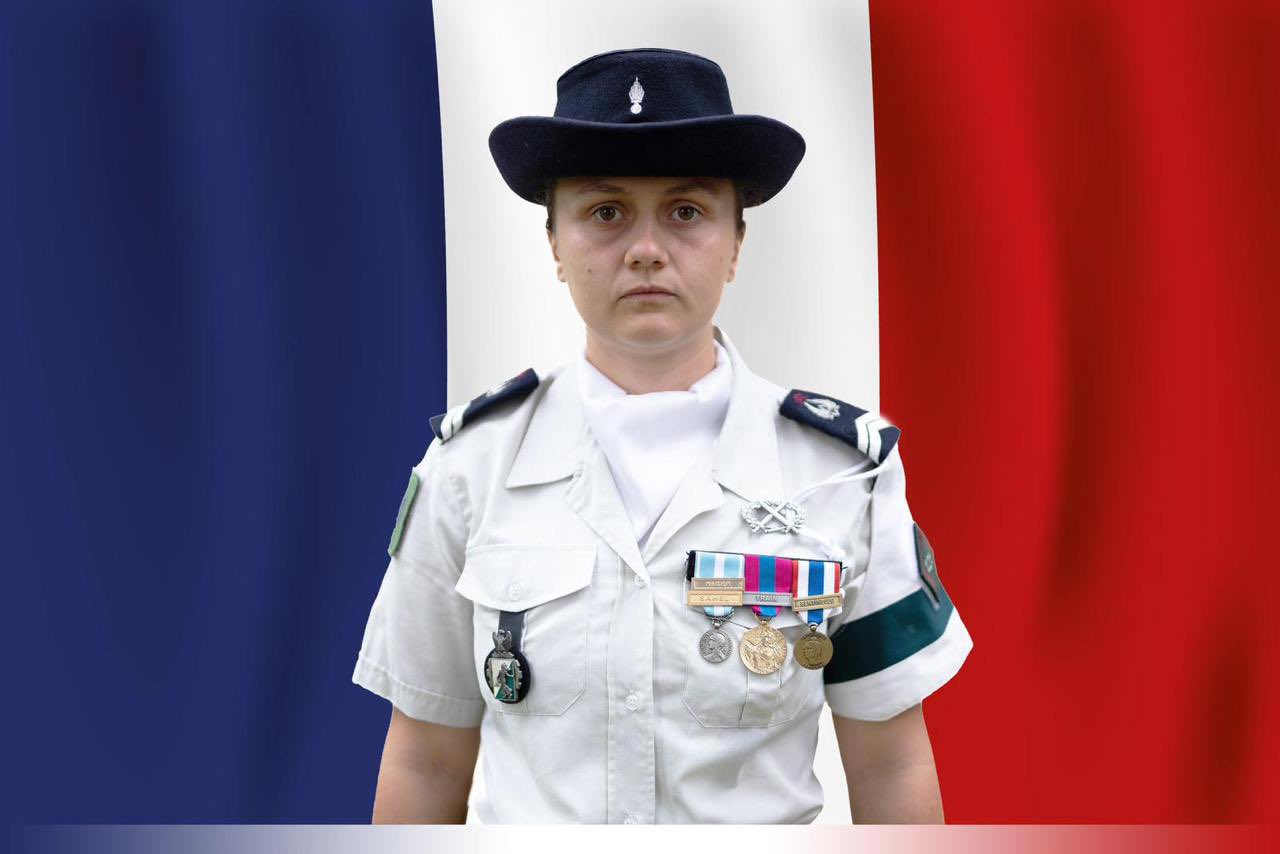Editorial
Arms budgets will continue to be a subject for heated debate in the present climate of financial crisis, as for instance Britain’s decision to scrap its latest version of the Nimrod maritime reconnaissance aircraft even before manufacture has finished has just shown. In our main article this month Georges Le Guelte looks in detail at an idea examined in Le Monde last July: it is through the use of force that a state achieves its foreign policy aims, and the effectiveness of its forces depends on the percentage of GDP spent on defence. Refuting this concept with the aid of clear examples during the last fifty years where the strongest armed forces failed, the author looks at the question on the European level. What is important for him, even if there is little commonality on either foreign policy or arms procurement, is that armed forces have the equipment appropriate to their missions. One message that comes out clearly is that trade routes via the Indian Ocean are vital to all European countries, so that we cannot afford to neglect our surface fleets.
If the European Union is to lay claim to some form of collective security it has to define where its borders lie: they are not simply the outline of its combined frontiers. That is the crux of the essay by Jean Dufourcq in this issue. And in view of the priority given to the arc of crisis extending from Mauritania to Pakistan in France’s 2008 White Paper on security and national defence, a debate on national security strategy is needed. We should perhaps go back to considering Europe’s strategic space as the area between the Atlantic and the Urals, and the North Cape and the Sahel. A national debate would be a necessary step towards defining and then organizing a European strategic identity. Europe is surely capable of playing such a part in creating an as yet undefined new international order.
Since our last issue the smouldering frustration with authoritarian regimes in North Africa and the Middle East has burst into flames, with revolt in Tunisia, demonstrations in Egypt’s major cities and anger following the publicity given to the compromises with Israel proposed by Palestinian negotiators over the years. In his article, Fadi K. Assad gives an overview of the crisis of leadership in this area.
A reminder for readers who find this editorial useful as a cue to articles of interest in the French edition of RDN: this month we publish the second part of pieces on Raymond Aron and Pierre Gallois, two of France’s leading strategic thinkers in the second part of the last century.







